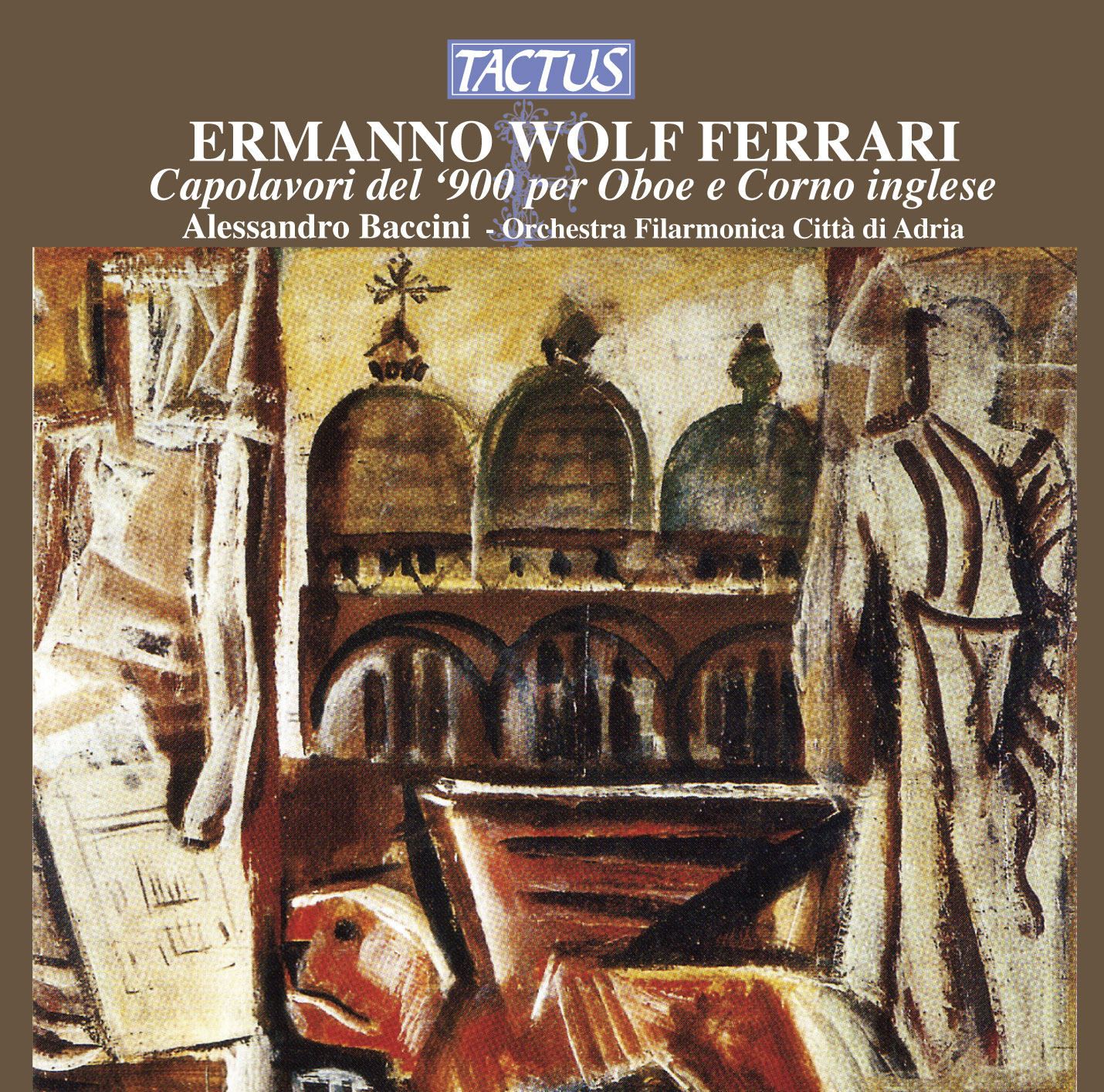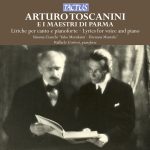WOLF-FERRARI ERMANNO
Although one often tends to think only of the emblematic example of Neoclassicism, the “presence of the past” in twentieth-century music was nonetheless a widespread and variegated phenomenon which cannot be squeezed into convenient cubbyholes.
In the heterogeneous mass of re-evaluations, re-workings and “returns to” which so strongly characterized the first half of the century, a common denominator might be found in the rejection of an imperative typical of modern art: that of adapting to the times and needs of the artistic language.
In the face of this imperative, is it perhaps not paradoxical for a composer tied to the past to appear, in his own way, a rebel from the opposite camp by refusing to accept, as an unequivocal and obligatory choice, radicalism, the avant-garde, atonality, and the intense wrestling with the complex needs of compositional technique at certain moments in its evolution.
In this sense, his choice is invariably identifiable (though no disrespect is intended) with a poetic language of “non-commitment”.
Yet the true master of archaic imagery in early twentieth-century Italian music was Ermanno Wolf Ferrari (1876 1948).
Born in Venice (already a city of memories), he was considered “Life’s favorite son” who, because of his precocious training and Apollonian and spontaneous creative vein, must have suffered more than others from the conflicts of modernity, the fracture between past and present.
The Idillio Concertino op.
15 for oboe (1932) and the Piccolo Concerto op.
34 for English horn (1947) are fine examples of Wolf-Ferrari’s “unevolved” musical language, for both stylistic and chronological reasons.
Their very titles (though not entirely appropriate to the length of the pieces) reflect the principles that distinguish the composer’s poetry: freshness, references to eighteenth-century models, a spiritualized play with forms.
And yet the two Adagio sections, (especially that of op.
34), suffice to debunk the false myth of facileness and nonchalance attached to this music.
Tracklist
Wolf-Ferrari, Ermanno
Idillio-concertino in A Major, Op. 15
1 - I. Preambola (2:47)
2 - II. Scherzo (3:15)
3 - III. Adagio (6:46)
4 - IV. Rondo (5:34)
Benjamin, Arthur
Oboe Concerto in C Major (after Cimarosa's Keyboard Sonatas) (arr. L. Ronconi)
5 - I. Larghetto (2:46)
6 - II. Allegro (2:33)
7 - III. Siciliana (3:05)
8 - IV. Allegro giusto (2:30)
Wolf-Ferrari, Ermanno
Concertino in A-Flat Major, Op. 34
9 - I. Preludio (6:19)
10 - II. Capriccio (8:07)
11 - III. Adagio (7:16)
12 - IV. Finale (6:25)
Pedrollo, Arrigo
Oboe Concertino
13 - I. Moderato (4:47)
14 - II. Canzone medioevale - Adagio (3:32)
15 - III. Allegro vivo (2:49)
- Composer: WOLF-FERRARI ERMANNO
- Performers: Alessandro Baccini, oboe and english horn · Orchestra Filarmonica Città di Adria · Giorgio Fabbri, conductor
- Historical Period: Romanticism
- Code: TC 872301
- Edition: OCTOBER 2007
- Barcode: 8007194103458
- Set: 1
- Total tracks: 15
- Total duration: 01:08:31






